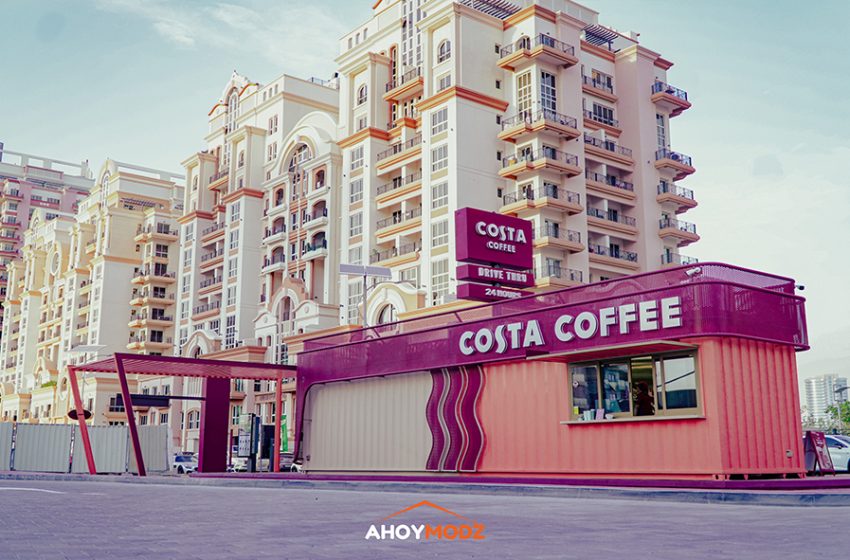The Role of Technology, Sustainability, and Design in Shaping Modular Hospitality

The hospitality industry is undergoing a profound transformation driven by the intersecting forces of technological innovation, sustainable development, and design evolution. As operators seek faster, more efficient ways to deliver exceptional guest experiences while meeting stringent environmental standards, modular construction has emerged as a compelling solution.


This new approach to building—characterized by off-site fabrication, rapid deployment, and adaptability—is gaining ground across the sector. From boutique hotels to quick-service restaurants and wellness resorts, modular construction is redefining not just how spaces are built, but how they function and evolve.
Building Smarter, Not Slower
Traditional hospitality projects are often encumbered by lengthy timelines, unpredictable costs, and site-related disruptions. Modular construction addresses these challenges by completing up to 70% of the build in a controlled factory environment. Leveraging materials such as Light Gauge Steel (LGS), modular frameworks are prefabricated to precise specifications, resulting in superior quality control and significantly reduced on-site work. This off-site methodology allows hospitality brands to accelerate time-to-market, an increasingly critical factor in competitive environments. Projects that would traditionally span 12 to 18 months can now be completed in a fraction of that time. Companies like AhoyModz are leading this shift, delivering prefabricated, fully finished structures that are transported and assembled on-site with remarkable efficiency.


Sustainability: A Core Advantage
Sustainability has evolved from an industry trend to an operational imperative. Modular construction aligns seamlessly with environmentally responsible building practices by minimizing waste, optimizing material use, and reducing carbon emissions associated with traditional site work.
LGS, a core component of modular builds, is not only durable and structurally sound but also recyclable and energy-efficient. In a factory-controlled setting, resources such as water and energy are managed with precision, and the waste typically associated with on-site construction is dramatically reduced.

Moreover, modular spaces are inherently adaptable—able to be transported, expanded, or reconfigured based on evolving business requirements. This flexibility reduces the need for resource-heavy renovations or new builds, further supporting long-term environmental goals. Projects such as the Costa Coffee multi-container drive-through and KFC’s cutting-edge 40 ft mobile kitchen—both brought to life by AHOYmodz—demonstrate the incredible results that happen when bold ideas are matched with world-class execution.
Design with a Difference
A common misconception about modular construction is that it sacrifices design for function. In reality, modular hospitality spaces are increasingly being recognized for their aesthetic flexibility and brand alignment. The modular approach encourages custom design solutions that reflect the unique identity and operational needs of each client. From intimate cabin accommodations to large-scale resort expansions, modular design now encompasses a wide array of layouts, interiors, and technological integrations. The emphasis is on creating spaces that are both visually compelling and operationally intelligent. Importantly, modular structures can be added to existing properties with minimal disruption, making them particularly advantageous for hospitality businesses aiming to expand without downtime.
Scale Up, Smartly

For hospitality brands with multi-location strategies, modular construction presents a scalable model that ensures consistency and efficiency. Standardized units can be rolled out across geographies while maintaining design and quality benchmarks, enabling operators to grow their footprint without replicating traditional construction timelines. Beyond hotels and restaurants, modular solutions are also gaining traction in healthcare, residential, and commercial applications, demonstrating the versatility and durability of the approach.
A Better Way to Build
As the industry continues to adapt to evolving market expectations, modular construction stands out as a forward-thinking alternative to conventional building practices. By integrating advanced technology, embracing sustainability, and prioritizing functional design, modular hospitality offers a blueprint for the future. Modular construction is a more agile, sustainable, and design-conscious industry that is prepared to meet the challenges and opportunities of tomorrow.

(All responses are to be attributed to Mr. Nithin Mathew Thombil, Co-Founder at AHOYmodz)








